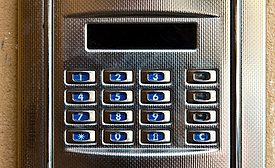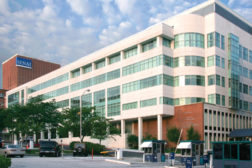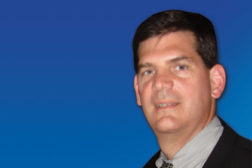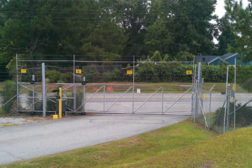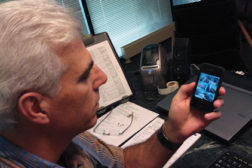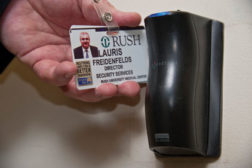Access Management
Surround Sound
Perimeter solutions deter, detect and delay unauthorized security breaches.
October 1, 2011
Not KIDding About Security
Sophisticated access control systems are increasingly becoming a first line of defense when protecting children in hospitals and schools.
August 1, 2011
Sign-up to receive top management & result-driven techniques in the industry.
Join over 20,000+ industry leaders who receive our premium content.
SIGN UP TODAY!Copyright ©2024. All Rights Reserved BNP Media.
Design, CMS, Hosting & Web Development :: ePublishing

